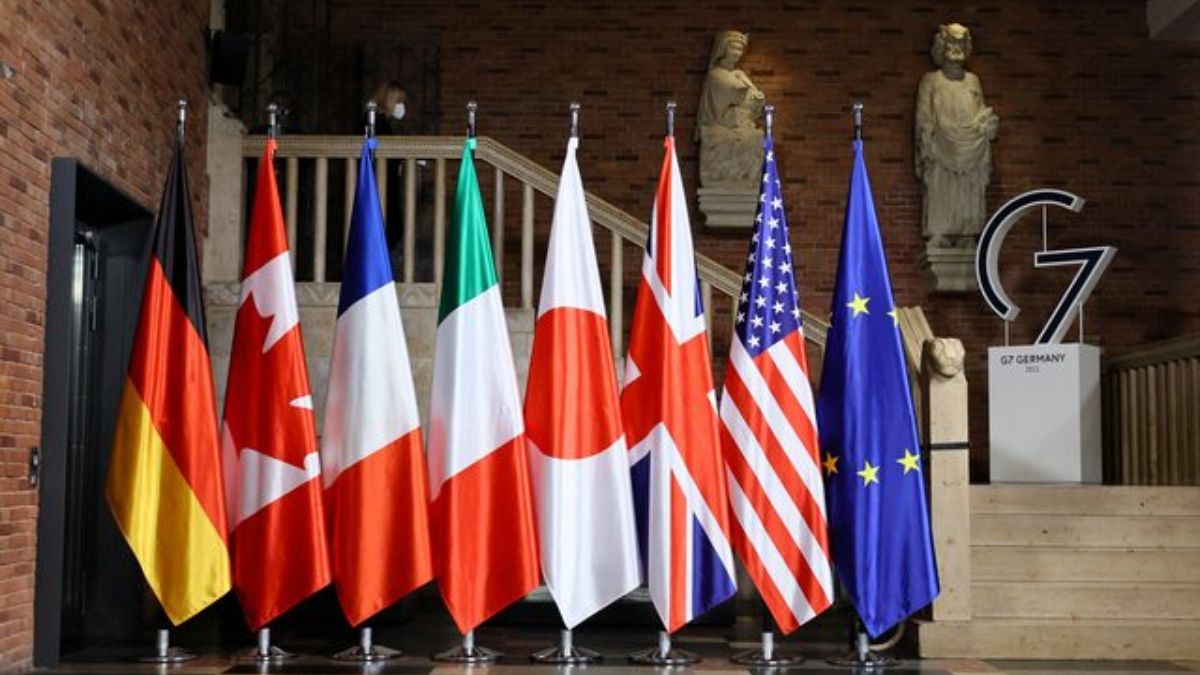The draft of a G7 leaders’ statement, set to be released on Monday (February 24) to mark the third anniversary of the start of the Ukraine war, urges China to stop supporting Russia.
It also criticises other countries for providing military assistance to Moscow. The draft specifically calls on Beijing “to cease its support for Russia’s war machine” and condemns both North Korea and Iran for offering “military assistance,” Nikkei Asia reported citing a source.
China’s support to Russia
China’s support for Russia in the ongoing Russia-Ukraine war has been significant and multifaceted.
Beijing has emerged as a crucial economic partner for Moscow, helping to mitigate the impact of Western sanctions imposed due to the Ukraine war.
Trade between China and Russia reached a record $240 billion in 2023, a 64 per cent increase since 2021. According to a BBC report, 90 per cent of trade between the two nations is now conducted using their own currencies instead of US dollars.
China has increased its purchases of Russian energy resources, helping to offset losses from Western sanctions.
The country has also supplied dual-use civilian-military products, including a 140 per cent increase in electronic integrated circuits exports and a 45 per cent rise in semiconductor exports between 2021 and 2023.
Trouble within G7?
As of February 2025, the G7’s traditional position of strong support for Ukraine and condemnation of Russian aggression is now facing challenges, particularly due to shifts in the United States’ approach.
The US has resisted the inclusion of the term “Russian aggression” in a joint statement marking the third anniversary of Russia’s invasion of Ukraine. This change reflects a broader shift in US policy, which has increasingly referred to the conflict as the “Ukraine conflict” rather than attributing blame directly to Russia.
Other G7 members are insisting on maintaining stronger language, arguing that diluting the statement would be a concession to Moscow.
)